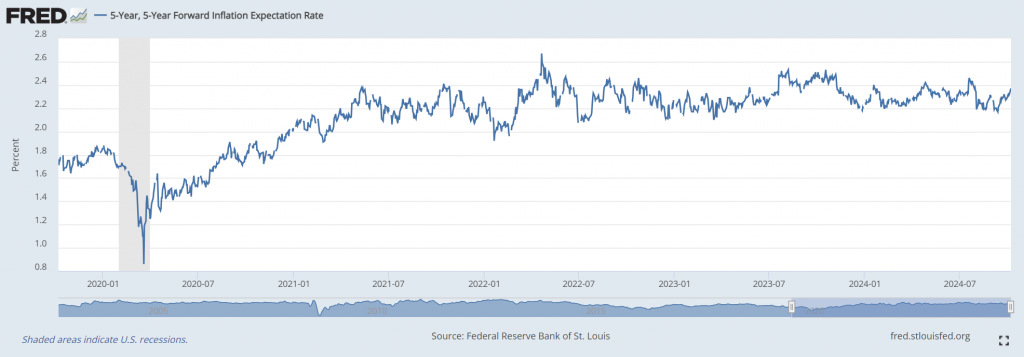S&P fights back as oil slips back

The S&P 500 showed all the signs of repeating the last two months by starting the month on a negative note and finding ways to claw back those losses. Stocks on Monday sold off as oil hit almost 80 dollars a barrel, and the yield on two-year treasuries, which not so long ago was trading close to 3.5%, as the market was getting excited that the Fed could entertain another jumbo cut, traded back up to 4%. Those hopes have been reined in after the jobs report on Friday. Despite, as several people pointed out, most of the upswing in new jobs being in the public sector. Still, I guess a job is a job is a job.
America, or should I say Florida, is also bracing itself for a significant storm. Hopefully, the residents are well prepared for it. The storm is likely to play havoc with economic reports in the coming months. Depending on how severe it is, the hurricane may impact employment reports and consumer spending in particular. If there is a plus side, it may also move the needle back towards the market, anticipating the Fed will be slightly more dovish once again.
For what appears to be no good reason, US equities managed some recovery later on Tuesday, led mainly by technology. Later today, we get the minutes of the last Fed meeting, in which the decision was made to cut rates by 50 basis points. Over the past few days, as has the S&P 500, the Vix has risen, which always makes me nervous; one of those is wrong.
While hunting around and looking for things to highlight in the past few months, we did a little analysis of the performance of indexes in the past quarter. The strength of the sterling has been a feature, and anyone buying stocks outside of their currency has to take that into account. In the past quarter, the S&P 500 was up almost 6% in local currency in sterling it was flat. The two best-performing indexes in the past quarter in sterling were the FTSE All Share and the MSCI Emerging Market Index. Investing in US tech has been very profitable over the past few years, but last quarter, not so much. Microsoft was down around 10%, Alphabet and Amazon slightly more.
The market assumes inflation is a thing of the past, despite the likes of Boeing, whose debt has now been reduced to junk (how the mighty fall) workers asking for a 40% pay rise over the next four years. We have been made well aware in this country recently that several public sectors have been awarded pay rises well above the current inflation rate. Attached are the FRED five-year five year inflation expectations. As one can see, those expectations have been rising recently, which will not have gone unnoticed by Mr Powell and his band of merry men.
